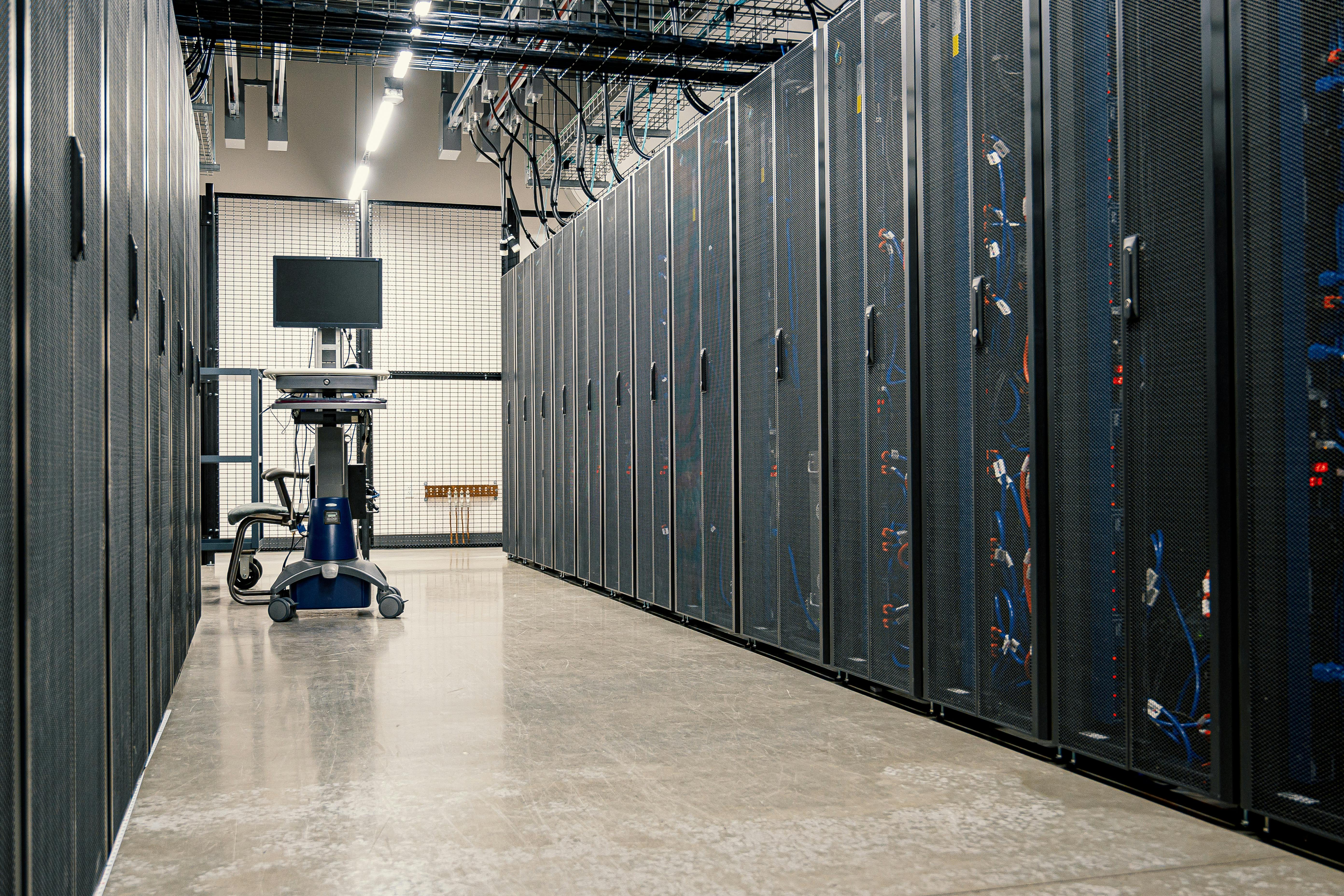
What Is a Private Cloud?
In today’s increasingly digital world, data breaches are a growing concern. With online security more important than ever, it’s essential to find a solution that balances flexibility with compliance. A private cloud can be just that.
A private cloud is a type of cloud computing where the infrastructure is privately owned and accessible only to one organization. This can be hosted at the company’s own data center or through a third-party facility, where a managed service provider (MSP) offers private cloud hosting services.
Advantages of Private Clouds
Compared to public clouds, private clouds offer several advantages:
- Security: With limited access and control over the server, network, and application security, private clouds provide an added layer of protection.
- Scaleable Performance: By controlling traffic and access, private clouds can scale and deliver predictable workloads without affecting other organizations.
- Total Cost of Ownership: Private cloud MSPs offer predictable pricing, eliminating additional charges and setup costs.
Why Choose a Private Cloud?
Organizations opt for private cloud computing with MSPs for several reasons:
- Regulatory Compliance: With increasing regulations like GDPR and HIPAA, knowing where data resides is crucial.
- Customization Options: Private clouds allow customers to design their own packages, ensuring they only pay for the services they need.
How Does Private Cloud Infrastructure Work?
Virtualization technology enables MSPs to create simulated environments and resources from hardware systems. This allows for the creation of virtual machines, which can be managed through a suite of tools.
Benefits of Private Clouds
Private clouds offer several benefits:
- Hardware and Software Control: Customers can design their own packages and customize servers to meet their needs.
- Increased Security: Running in a controlled environment behind a firewall, private clouds provide greater visibility into security.
- Customization Options: With add-ons and flexible configuration options, customers can tailor their private cloud to their specific needs.
Differences Between Private and Public Clouds
When choosing between public and private clouds, consider:
- Control: Public clouds share resources among users, limiting control. Private clouds offer greater control over infrastructure.
- Scalability: Public clouds may have limited scalability due to shared resources.
- Cost: Public clouds often charge by usage, while private clouds provide predictable pricing.
What is a Hybrid Cloud?
A hybrid cloud combines the benefits of both public and private clouds. It connects a private cloud to a public cloud infrastructure, allowing for greater flexibility and workload migration.
Layer8 Cloud: A Secure Private Cloud Solution
The Layer8 Cloud is designed specifically for business continuity and disaster recovery. It offers:
- Immutable Cloud Storage: Protects backup images from unauthorized access.
- Two-factor Authentication: Adds an extra layer of security.
- AES 256 Encryption: Ensures data confidentiality.
With a flat fee for disaster recovery, the Layer8 Cloud provides a secure and easy way to get customers’ infrastructure back up and running.